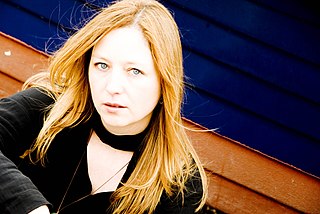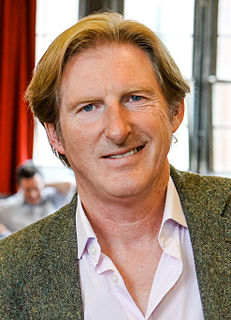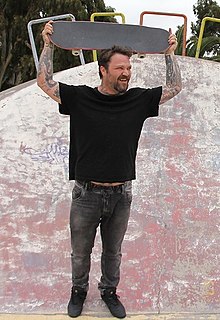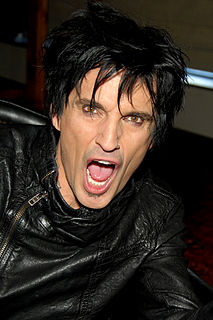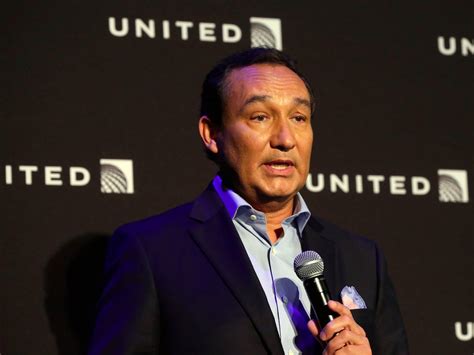A Quote by Scarlett Thomas
I think predictability is built into any good novel in some way - you begin reading Anna Karenina and you know pretty much what's going to happen at the end. But that doesn't mean you know what's going to happen in the middle. For me, it's that sense of what happens in the middle that's important.
Related Quotes
One of the things that really impressed me about Anna Karenina when I first read it was how Tolstoy sets you up to expect certain things to happen - and they don't. Everything is set up for you to think Anna is going to die in childbirth. She dreams it's going to happen, the doctor, Vronsky and Karenin think it's going to happen, and it's what should happen to an adulteress by the rules of a nineteenth-century novel. But then it doesn't happen. It's so fascinating to be left in that space, in a kind of free fall, where you have no idea what's going to happen.
With a novel, you have to have a story. It's much more important to have it matter to the reader what happens to people, and it has to make sense and end in a way that is satisfying. So I spend a lot more time thinking about that. Then the writing itself usually is easier for me, because I know where it's going.
And it's best if you know a good thing is going to happen, like an eclipse or getting a microscope for Christmas. And it's bad if you know a bad thing is going to happen, like having a filling or going to France. But I think it is worst if you don't know whether it is a good thing or a bad thing which is going to happen.
When I left Africa in 1966 it seemed to me to be a place that was developing, going in a particular direction, and I don't think that is the case now. And it's a place where people still kid themselves - you know, in a few years this will happen or that will happen. Well, it's not going to happen. It's never going to happen.
If you know anything about Islamic civilization, or about the contemporary Middle East, about the sociology and the anthropology of the people who live there, and their recent history, and their religion, and their motivation and everything, then you realize that changing Iraq into a democracy is not going to happen. It's just not going to happen.
In my experience, writing a novel tends to create its own structure, its own demands, its own language, its own ending. So for much of the period in which I'm writing, I'm waiting to understand what's going to happen next, and how and where it's going to happen. In some cases, fairly early in the process, I do know how a book will end. But most of the time, not at all, and in this particular case, many questions are still unanswered, even though I've been working for months.
I think that sense of surprise, that you don't know where something is going, or what's going to happen, even as you write, that you're making it up as you go along - that's important to me. It's not a question of shock or surprise in a gimmicky way. It's that as you read, you become more deeply into something and into what happens, and become more involved and engaged, you're learning something or you're appreciating something or seeing something differently - that's what's surprising.
I think the hardest thing that, historically, the industry may have relied upon is that we can't control weather, we can't control air traffic control, and use that at the end of the day as an excuse. Things do happen - we know they happen. We don't exactly know when they are going to happen, but we should definitely be prepped.
Usually, you get a script and you have the whole story. All the acts are there, for a play. You know what happens in the first, second and third acts, and you know how it starts, where you go and where it finishes. [With American Horror Story: Asylum], it's a whole new experience. I don't know where it's going, and I don't know what's going to happen next. It's been an interesting way to work. It's made me work in a much more fluid, braver way, just taking every chance that comes along.
